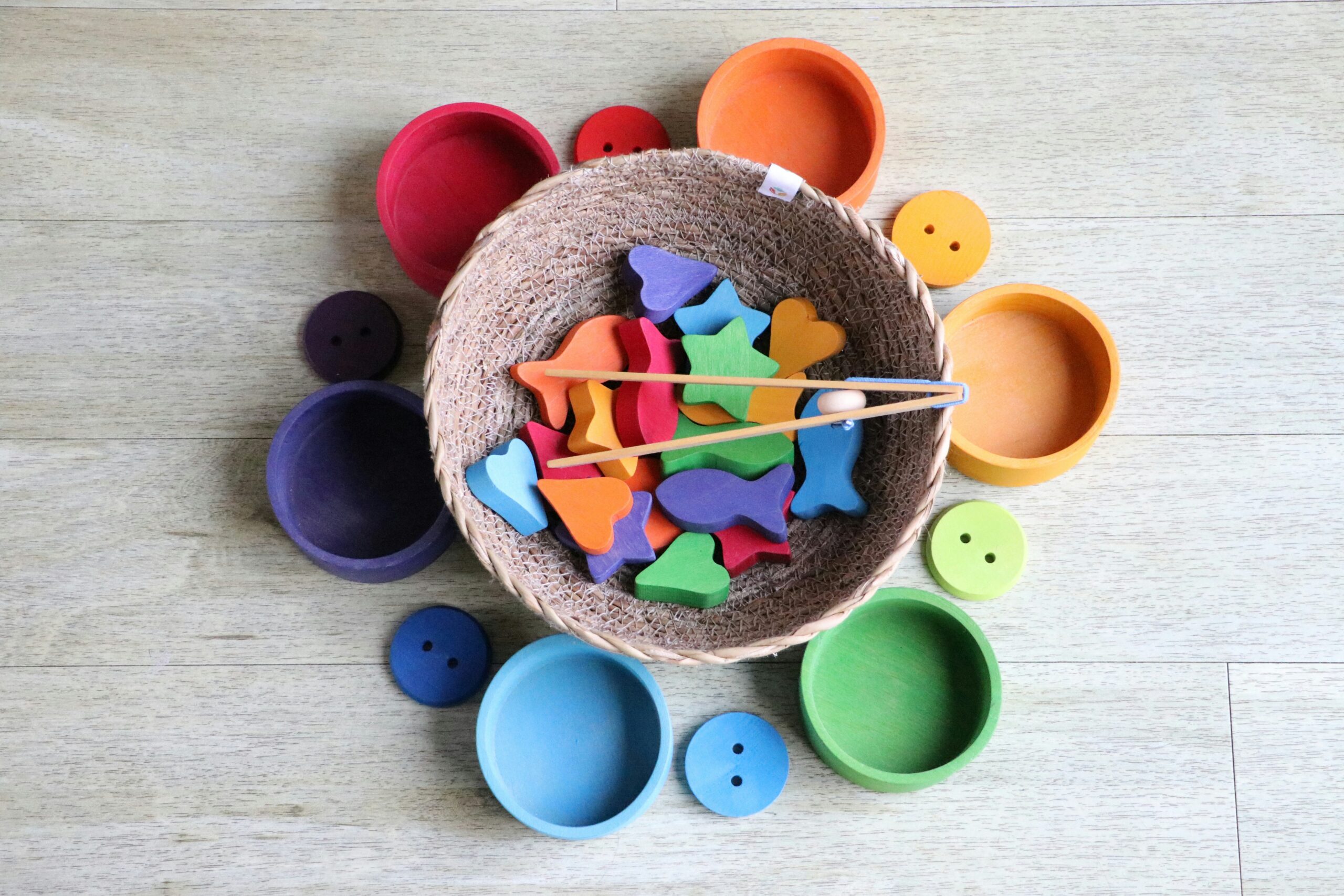Day 13 – me thinks I backed myself into a corner. Not even halfway through, and what to shave next?

Asking all my life.
Day 13 – me thinks I backed myself into a corner. Not even halfway through, and what to shave next?

Day 12. Wife vetoed getting rid of the soul patch this year. Considering she’s cool with the rest of the month? 👍 Click to donate.

Day 11 – a little off the bottom. Donate today.


With what’s happened this week in the US, I’m going to focus in on the next characteristic of an oral culture that I think fits the bill. While moments like these have many more moving parts and are much more complex, perhaps there’s something in this one that might be relevant.
I’ve talked about this before, but let’s use it in terms of Ong this time. In his characteristics of an oral cultures he calls this:
Oral cultures tend to use concepts in situational, operational frame of reference that are minimally abstract in the sense that they remain close to the human lifeworld
In other words, abstract generalisations go out the window. Inference and logic are illogical. An oral mind will stay rooted in the here and now and won’t even entertain the idea abstraction.
What’s in front of them is the truth. Only what they’ve experienced is the truth. Trying to understand someone or something else is impossible and any exercise to go deeper is irrelevant.
In Cognitive Development, It’s Cultural and Social Foundations by A.R. Luria, a fascinating read, they were able to study a pocket of preliterate society as it transitioned into literacy. They asked a lot of interesting questions to see what how they would answer.
Here’s one small example, Ong, outlined. When asking the participants to name shapes, they never used the general name of the shape, instead:
This study continues to ask them to group even more things: people, situations, trees – and time after time, they refused.
Here’s another test performed. Give someone 4 items ( pictures of the items ), and have them take one away based on any defined grouping
You try:
But what happened in the majority of cases, preliterate people didn’t, and wouldn’t, group these things with attributes, but by situation. And, they would either deffer, reject, or expand the situation to not exclude anything. Here’s an example of someone, given glass-saucepan-spectacles-bottle, who almost got there:
These three go together, but why you’ve put the spectacles here, I don’t know. Then again, they also fit in. If a person doesn’t see too good, he has to put them on to eat dinner
It wasn’t like they wouldn’t do the exercise, but something was in their mental process was blocking them; they couldn’t do the exercise.
It might then be no surprise what happens when you expand grouping to inferring.
Here’s a very, very simple inference.
If Bobs steals, and stealing is bad, Bob is bad.
To the literate mind, that logic tracks. However, an oral mind will buck up against the whole premise. An oral mind, like asking to group items, won’t even play along. It might even fight you saying “I don’t really know Bob, how can I judge?”
Voting.
Voting requires ones ability to infer a candidate is good or bad. Voting requires the ability to create generalisations about someone, their behaviour, their history, their beliefs, to determine if the politician or party would serve your best interest in the future.
If someone looses the ability to make abstractions and generalisations, what happens?
Photo by Soraya Irving on Unsplash
Day 10 – just a small trim. Hardly noticeable. Donate today.
